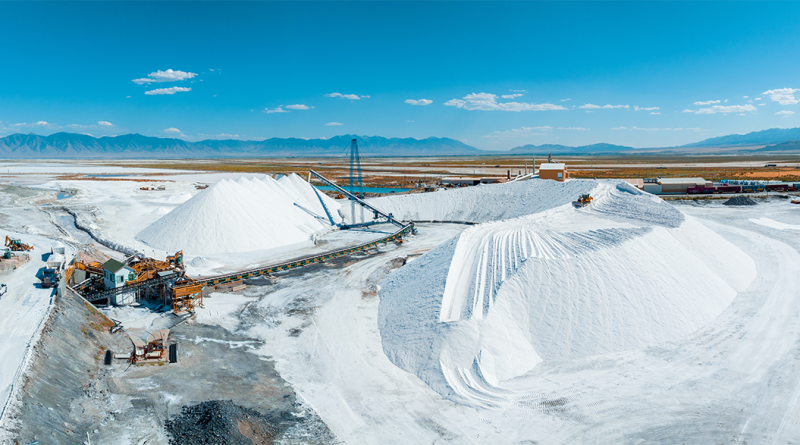The 7 Pros and Cons of Lithium Mining
As the world increasingly shifts towards renewable energy and electric vehicles, lithium has become a vital resource. This lightweight metal is essential for the production of lithium-ion batteries, which power everything from smartphones to electric cars. However, while lithium mining plays a crucial role in driving the green energy revolution, it also comes with significant environmental and social costs. Join us as we explore the key pros and cons of lithium mining, providing a balanced perspective on its benefits and challenges.
Pros of Lithium Mining
1. Supports Clean Energy Transition
Lithium-ion batteries are essential for the shift to renewable energy, especially in electric vehicles (EVs) and energy storage systems. EVs reduce dependence on fossil fuels and lower carbon emissions, helping combat climate change. Furthermore, lithium batteries enable the integration of renewable energy sources like solar and wind into power grids by storing energy during peak production and releasing it during demand surges, making the energy transition more reliable and efficient.
2. Economic Growth
Lithium mining is a significant economic driver, particularly in countries like Australia, Chile, and Argentina, which hold large lithium reserves. The industry generates employment opportunities in mining, processing, and research, contributing to local and national economies. The high demand for lithium has also attracted substantial investment, leading to the development of infrastructure and boosting other sectors linked to the mining industry.
3. Technological Advancements
The rising demand for lithium has spurred innovations in extraction and processing technologies. These advancements aim to increase efficiency and reduce environmental impacts, such as reducing water usage and energy consumption in lithium extraction processes. Continuous research and development in this area also lead to improvements in battery performance, recycling, and the discovery of alternative sources of lithium, which could make the industry more sustainable in the long run.
Cons of Lithium Mining
1. Environmental Degradation
Lithium extraction, particularly through brine mining in salt flats, has serious environmental repercussions. It can lead to the depletion of local water resources, which are critical in arid regions. This process can also cause soil contamination and salinization, affecting agriculture and local ecosystems. Additionally, the disruption of natural habitats can lead to biodiversity loss, threatening the survival of local species and the overall health of the ecosystem.
2. High Water Consumption
Extracting lithium from brine, common in South America’s Lithium Triangle (Argentina, Bolivia, and Chile), requires significant amounts of water, often drawn from already scarce water supplies. This high water demand can lead to conflicts with local communities, especially those relying on these water sources for agriculture and daily life. The water-intensive nature of lithium extraction also raises concerns about the long-term sustainability of these operations in water-scarce regions.
3. Carbon Emissions
While lithium is integral to clean energy technologies, its extraction and processing are energy-intensive and often reliant on fossil fuels, contributing to carbon emissions. The production of lithium-ion batteries, including mining, processing, and manufacturing, has a substantial carbon footprint. This paradox challenges the perception of lithium as a completely “green” material and highlights the need for cleaner, more energy-efficient mining and production practices.
4. Impact on Indigenous Communities
Lithium mining operations, particularly in remote areas, can lead to the displacement of indigenous communities and disrupt traditional livelihoods. The influx of mining activities often brings environmental degradation, affecting the land and water resources these communities depend on. Moreover, the social and cultural impacts can be profound, leading to loss of heritage and conflicts over land rights and resource management.
While lithium mining is crucial for advancing clean energy technologies, it comes with significant environmental and social costs. As the demand for lithium continues to grow, it is essential to balance the benefits with sustainable practices that minimize harm to ecosystems and communities. Investing in technology to reduce the environmental impact and involving local communities in decision-making processes are key to achieving this balance.
